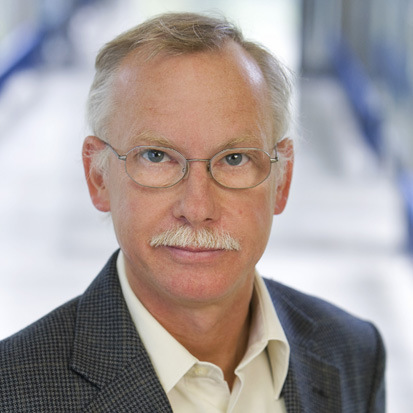
Ulrich Hartl receives the Schleiden Medal
Franz-Ulrich Hartl, Director at the Max Planck Institute of Biochemistry, is awarded the Schleiden Medal by the German National Academy of Sciences, Leopoldina. He receives the honor for his work on unraveling the function of molecular chaperones, a class of proteins that help other proteins to fold correctly. Since misfolded proteins are also the cause of neurodegenerative diseases, Hartl's findings help to better understand the development of diseases such as Parkinson's or Alzheimer's diseases. The honor will be awarded on Wednesday, April 19, 2023, in Halle (Saale), Germany.
When proteins are formed in our cells, they are first produced as long chains of amino acids. These amino acid chains must then fold into a unique, three-dimensional structure. Only with their individual and correct structure can our proteins perform their tasks correctly. Prof. Dr. Franz-Ulrich Hartl was able to show that certain "helper molecules", the chaperones, are decisively involved in this folding process. If errors occur during folding, this can lead to neurodegenerative diseases such as Parkinson's or Alzheimer's diseases. Hartl has found that cells use these "helper molecules" to avoid errors during folding. In doing so, chaperones interact with proteins that are still unfolded or have misfolded. They support correct folding and help remove the faulty proteins to prevent disease.
The work of Franz-Ulrich Hartl has contributed significantly to the elucidation of the mechanisms of protein folding in our cells. Misfolding generally plays a crucial role in aging and the development of age-related diseases. Hartl wants to find out why the activity of chaperones decreases with age and how it could be increased again. His research group is also investigating the influence of chaperones on neurodegenerative diseases, such as Huntington's and Parkinson's diseases. His findings provide insights into disease mechanisms, offer opportunities for new therapies, and are important for the biotechnological production of proteins.